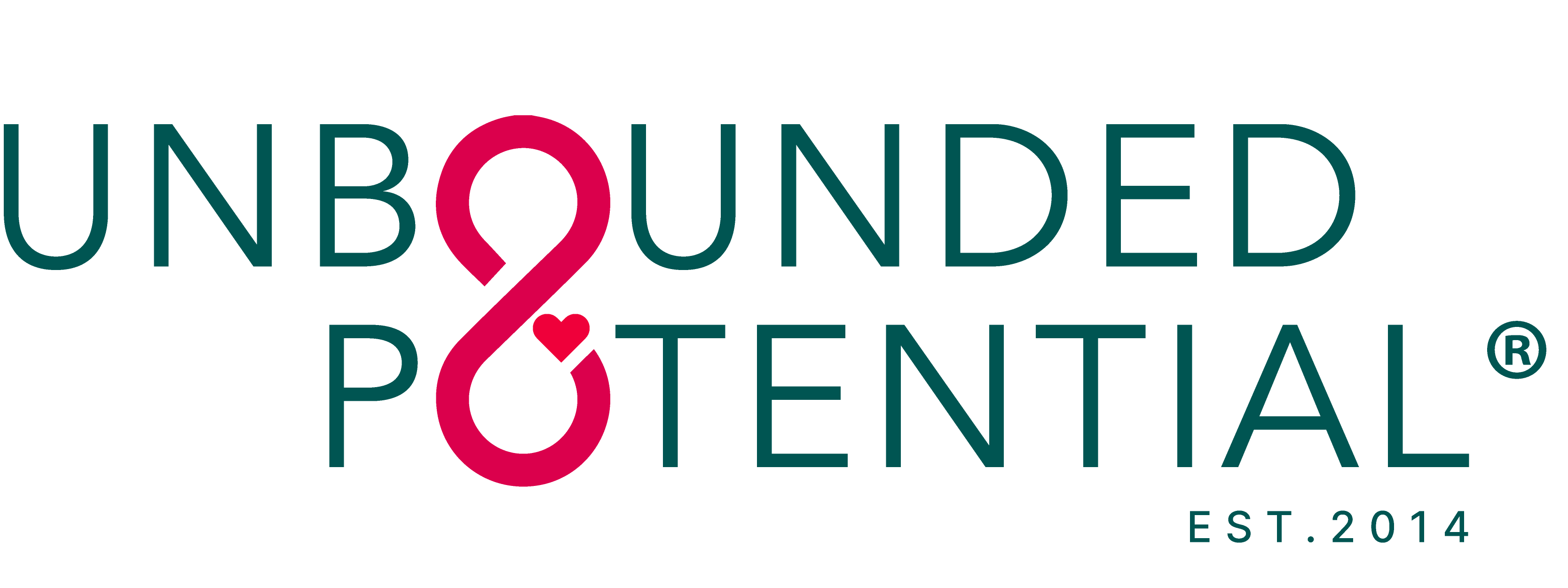May 08, 2020 | Belonging
The Single Most Confronting Question I’ve Ever Been Asked
I imagine in reading this title, your mind might jump to topics like failure or fear or perhaps death even. Makes sense. Most clients I speak with identify such topics, particularly failure, as the thing they’re most afraid of.
That used to be the case for me too. Until I realized it was BS. I believe many of us are fundamentally more scared of success than failure. We are more comfortable talking about what’s wrong or broken than what we actually want. I believe the million dollar question that we’re most confronted by is “What do you actually want?”
On that note, I’m excited to share with you this excerpt below from Chapter 2 of my book Belonging: Overcome Your Inner Critic and Reclaim Your Joy.
I still remember the first time I realized I didn’t need others’ advice anymore. Having always been a people-pleaser and unsure of my own opinions, I always relied on the feedback of those closest to me to reinforce my decisions… in my interactions with partners, family, friends, and career alike. While soliciting feedback is a powerful practice in strengthening our discernment muscles around what we want, becoming deeply connected with our own wants is where we are headed.
One day, while visiting my dear friend Laurel, she offered some advice I hadn’t asked for. The advice was innocent. She shared what she thought I should do in response to a struggle I was dealing with. I remember the moment distinctly because my body had a reaction to her advice, and that’s when it hit me—I finally knew what I wanted. Asking for others to tell me what to do had always been comfortable and a crutch to rely on, a padded support to fall on when I was doubting myself. As you can imagine, this was frequently since I had never been willing to walk without it. At this point, however, I had begun doing the work of discovering who I was and my own beliefs and views separate from the opinions of others.
Several years prior, I would have been so grateful to receive her trusted counsel. I had been doing it for years in many of my relationships. Not having to rely upon myself to “try” to discern what I wanted was familiar and comfortable. It had always been easier to trust my friend’s counsel, which I had relied on time and time again over the past decade, because I trusted her more than I trusted myself. I hear this from clients all the time… I don’t know what I want. I’ve heard things like, “I just want to make him happy, and then I’ll be happy. I’ll do whatever you want to do; that’s what I need.”
One study published in the journal Frontiers in Human Neuroscience suggests social conformists, or people-pleasers, may be neurologically hardwired to agree with others. In the study, brain scans were conducted on 39 people regarding whether they agreed or disagreed with 192 true or false statements. The findings indicated that those who tend to dislike disagreement experience worse cognitive dissonance when confronted with beliefs they don’t agree with compared to their peers. Essentially, a people-pleaser will experience greater psychological stress from holding two or more contradictory beliefs, ideas, or values, or acting in a way that goes against any of them. The researchers suspected this is accompanied by heightened mental stress and discomfort. “This suggests sensitivity to mental stress is linked to an increased vulnerability to influence. This can potentially lead to poor decision-making, anxiety, or difficulties in interpersonal relationships,” wrote the study authors.
Breaking up with people-pleasing can not only be challenging but can result in stress and discomfort. The study authors went on to suggest that sometimes simply agreeing to disagree can be a powerful place to start. This is a typical place where you may find yourself after breaking up with a lifetime practice of pleasing others.
These days, sometimes I notice that unsolicited advice makes me bristle. That’s not what I want, I think, and I smile a little on the inside. I am so eternally grateful for this work that has me reliably practicing and strengthening the muscle to know and ask for what I want at any moment.
Below are some lessons I hope you take away from this chapter.
- You deserve to get your needs met separately from getting them met by pleasing others or putting others first…to know that your needs and wants are important and that they deserve to be heard and honored, first by you and then by others.
- Asking for what you want is a muscle to practice. Thinking you don’t actually know what you want is simply a muscle that you have not flexed in quite some time. All it requires is some extra stretching and warming up to start practicing and noticing a change.
- You are worthy and deserving of asking for what you want and having those desires fulfilled.
- Asking for what you want requires being willing to ask at the expense of not getting it and still knowing that you are OK and loved.
TAKING ACTION: PRACTICING DISCERNMENT
Today, and every day for the rest of your life, we will be practicing. Start small. Start anywhere, but start today. Take some quiet time and get grounded in your body. Get connected with your feet, your legs, your buttocks, feel your chest naturally rise and fall as you breathe deeply, and with each breath, repeat out loud, “I deserve what I want.” From this place, I want you to journal responses to the following two lists:
First, write down all the things you want for yourself. For example, if I connected with what I want at this moment, it may sound something like this: I want some Chapstick, some hot chocolate, my heated shoulder pad. I want to do some yoga stretches when I finish this chapter because I notice my shoulders feeling tight. I want to put on my workout clothes so I don’t talk myself out of working out later. I want to take a second bath this evening while listening to my newest audiobook, and I really want to treat myself to watching a movie later tonight—a chick flick, perhaps. Oh, and is it Christmas movie season yet? Netflix has some spectacular holiday specials. That only took me one minute!
Notice a few things about my list above. These are all things that I can provide for myself. Use this exercise to get connected with your wants and desires and how you can meet those needs for yourself. I don’t want you to list wants that seem impossible or magical thinking. That reinforces the opposite intention. I want you to identify wants that you can meet for yourself. This will help you have access to more personal power and the ability to cause change. Secondly, I use the terms wants and needs interchangeably throughout this book. In my experience, it requires a similar skill set to discern both of these for ourselves.
Now, let’s be honest here, I have PRACTICED connecting with my needs for some time now. This would have been an entirely different conversation five years ago. Connecting with my needs has required a lot of practice and self-compassion, so please give that same grace and compassion to yourself. For this reason, I invite you to start by listing your short-term wants and needs so you can see the benefits of meeting them now versus desires in some future moment in time that you don’t have the power to fulfill now. This is all about instant gratification so we can reinforce a new behavior. Write them down now…anything you want or desire for yourself:
For the second list, we will look through the lens of our relationships. Think about what you want in your relationships. For me, it might look like this: I want to hug my partner. It’s time to call mom. I want to connect with my best friend who has been hard to pin down for the past couple of weeks (and probably me too). I want to make a date with a girlfriend who has been going through some life changes recently. I’d love to schedule a walking date with a new girlfriend in the upcoming few weeks. I would write all those items below. Now, your turn. What do you want or desire through the lens of your relationships with others:
Lastly, I want you to go back to your first two lists and next to each item, identify what declaration, action, or accountability structure you will put in place to fulfill that need. This could be a reminder in your phone, a Post-It Note on the fridge or your bathroom mirror, a ring you wear on a different finger, or a special alarm. You choose, but don’t skip on this part. No one else will meet your needs if you don’t begin meeting them for yourself first! Universal law says that like attracts like, so begin sending out clear frequencies of what you’re looking for and how you will take action toward fulfilling those desires. Do this now.
In this article series, I share excerpts and stories from my book, Belonging: Overcome Your Inner Critic and Reclaim Your Joy. I hope you enjoyed this post — if you enjoyed what you read, let’s connect. You can reach me via email, my website, or connect with me on social: Instagram, LinkedIN, or Facebook. Also, you can also find my book on Amazon — here is the link to buy it.

Get the Essential Reading List for Ambitious Empaths
Snag a copy of our favorite confidence-building + intuition-honing business, money mindset, and leadership books to help you embrace a holistic approach to your success. Grab a cup of tea and let's reverse engineer your life, removing the hustle and grind and replacing it with more joy and leisure.
A Guide to Navigating Career Transitions as an Empath
If you’ve been tuning into the podcast recently, you’ve likely noticed that I’ve been doing things a little bit differently. I have been sharing some of my most favorite and powerful tools, frameworks, and coaching distinctions that I use with my clients and myself as I’ve been sitting with the despair, grief, and fear of what’s going on in my own country and cultures around the world. This week is no different – I want to share what can support you in a changing and unpredictable job market and periods of transition in your career, whether you’re at a place of wanting to finally leave the nine to five and pursue your own entrepreneurial dream, whether you have been laid off in this current job market, whether you’ve been fired, or whether you’ve chosen to see yourself out. These tools and exercises that I’m sharing with you today have been some of the most impactful for my clients in navigating periods of transition in the job market with intentionality, with purposefulness and with integrity. I hope you find today’s episode not only useful but as a tool to bring you a bit of peace and direction.
Visit this episode’s show notes page here.
The Prosperous Empath® Podcast is produced by Heart Centered Podcasting.





